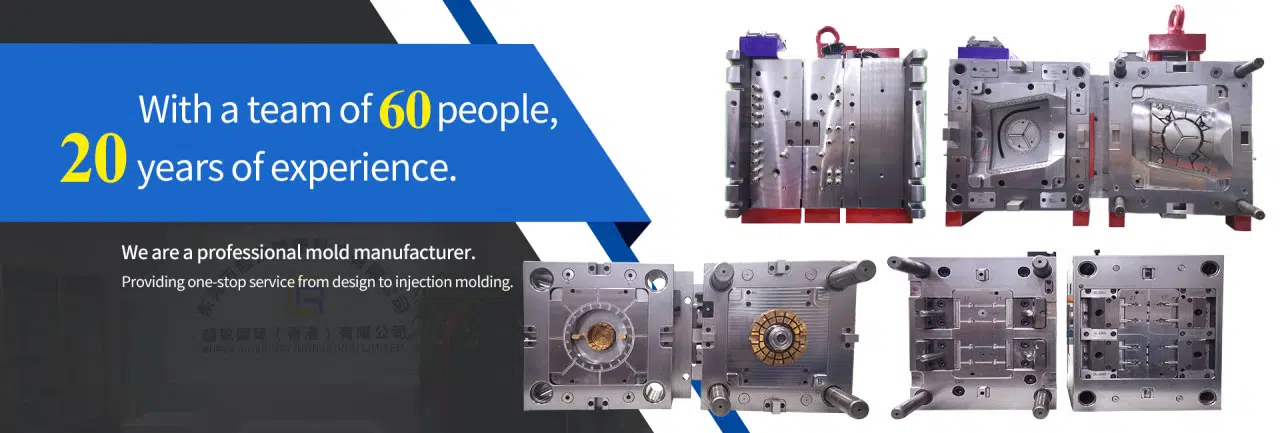
# Medical Device Innovations: Transforming Healthcare
Keyword: Medical Devices
## The Rise of Smart Medical Devices
The healthcare industry is undergoing a remarkable transformation, driven by cutting-edge medical device innovations. These technological advancements are revolutionizing patient care, improving diagnostic accuracy, and enhancing treatment outcomes. From wearable monitors to robotic surgical systems, smart medical devices are reshaping how healthcare professionals deliver services and how patients manage their health.
## Breakthrough Technologies in Medical Devices
### 1. Wearable Health Monitors
Continuous glucose monitors, smart ECG patches, and fitness trackers have evolved into sophisticated medical-grade devices. These wearables provide real-time data to both patients and physicians, enabling proactive healthcare management and early intervention.
### 2. AI-Powered Diagnostic Tools
Artificial intelligence has become integral to modern medical devices. AI algorithms now assist in interpreting medical images, detecting abnormalities in X-rays and MRIs with accuracy that often surpasses human capabilities.
### 3. Minimally Invasive Surgical Robots
Robotic surgical systems offer unprecedented precision, allowing surgeons to perform complex procedures through tiny incisions. These devices enhance surgical outcomes while reducing recovery times and complication risks.
## The Impact on Patient Care
Medical device innovations are dramatically improving patient experiences:
– Remote monitoring reduces hospital visits
– Personalized treatment becomes more accessible
– Early disease detection saves lives
– Rehabilitation devices enhance recovery
## Challenges and Future Directions
While medical device innovations offer tremendous benefits, they also present challenges:
1. Regulatory hurdles for new technologies
2. Data privacy and security concerns
3. High development costs
4. Need for specialized training
The future promises even more groundbreaking developments, including nanotechnology-based devices, brain-computer interfaces, and advanced prosthetics with sensory feedback. As these technologies mature, they will further transform healthcare delivery and patient outcomes worldwide.